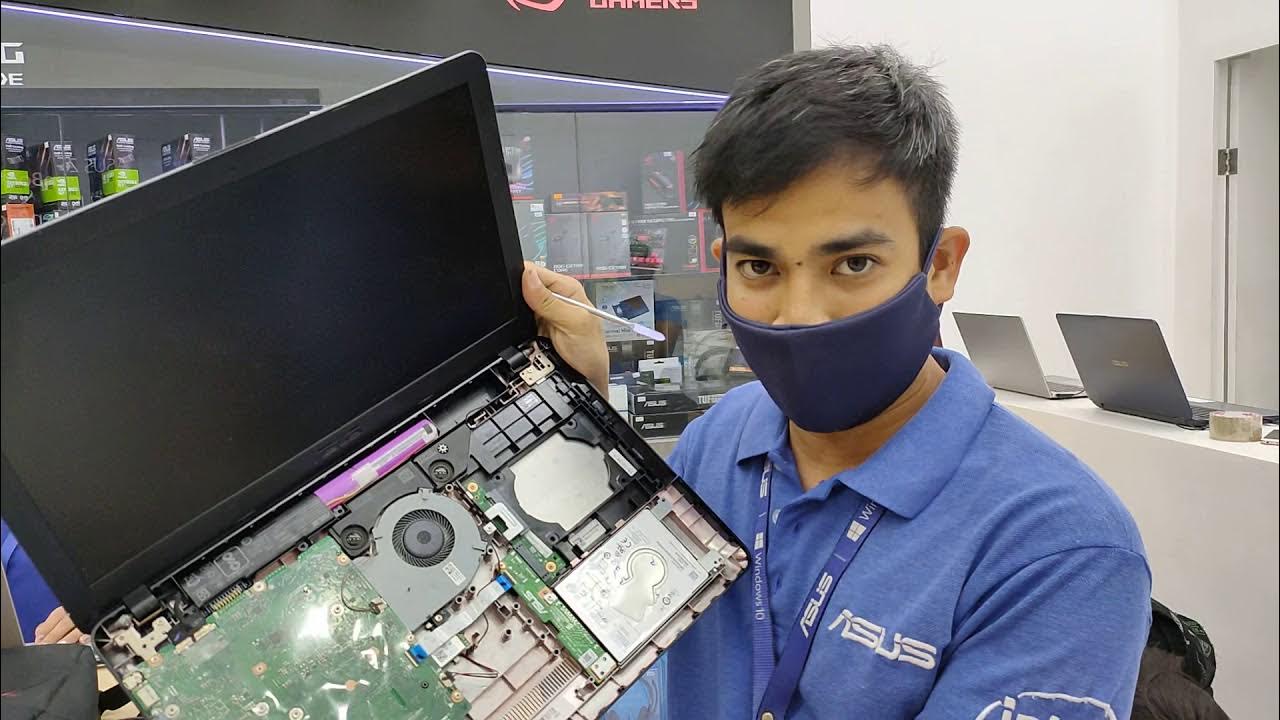Vet appointments typically range from 15 to 45 minutes, depending on the nature of the visit and the needs of the animal being treated. In veterinary practice, the duration of appointments can vary depending on a variety of factors.
These include the specific reason for the visit, the type of animal being treated, and the complexity of the case. While routine check-ups and vaccinations may take 15 to 30 minutes, more extensive examinations or procedures might require up to 45 minutes or longer.
During an appointment, the veterinarian will perform necessary tests, conduct a physical examination, discuss the animal’s health, and provide any required treatments or recommendations. It is important to remember that unexpected circumstances or emergencies could potentially extend the length of an appointment. However, in general, vet appointments are designed to be efficient and provide quality care for our furry companions.

Credit: www.facebook.com
Factors Affecting Vet Appointment Duration
When it comes to vet appointments, it’s natural to wonder how long they will take. The duration of a vet appointment can vary depending on several factors that influence the time spent at the clinic. Understanding these factors can help you plan your visit accordingly and ensure a smooth experience for both you and your furry friend.
Type Of Appointment
The type of appointment you schedule plays a significant role in determining how long you will spend at the vet clinic. Some appointments, such as routine check-ups or vaccinations, may be relatively quick, usually taking around 15 to 30 minutes. On the other hand, appointments that involve more comprehensive examinations, diagnostic tests, or surgeries will naturally take longer. In such cases, it’s important to allocate a sufficient amount of time, as these appointments may take an hour or more.
Number Of Pets
If you have multiple pets, it’s crucial to consider the number of animals you will be taking to the vet. The more pets you bring along, the longer your appointment is likely to take. Each pet requires their own examination and attention, and the veterinarian needs to address the specific concerns or conditions of each individual. To ensure a smoother and more efficient visit, try to schedule separate appointments for each pet or inform the vet in advance about the number of pets you will be bringing, so they can allocate the necessary time accordingly.
Severity Of Condition
The severity of your pet’s condition can also impact the duration of the vet appointment. If your pet is experiencing a minor issue or requires routine care, the appointment might be relatively short. However, if your pet has a more serious health problem or is in need of extensive treatment, the vet will need more time to thoroughly examine and determine the best course of action. In such cases, it’s important to be patient and allow the vet ample time to provide your pet with the care they need.

Credit: practice.do
Average Duration Of Common Vet Appointments
When it comes to taking our beloved pets to the vet, one of the questions that often crosses our minds is: how long will the appointment take? While the duration may vary depending on the reason for the visit, there are some average timeframes for different types of vet appointments.
Routine Check-ups
During routine check-ups, veterinarians thoroughly assess your pet’s overall health and well-being. These appointments typically involve a range of procedures, including physical examinations, vaccinations, and preventive care discussions. On average, routine check-ups last between 30 and 45 minutes.
Vaccinations
Vaccinations are vital in protecting our pets against various diseases. During a vaccination appointment, the veterinarian administers the necessary vaccines and discusses your pet’s vaccination schedule. These appointments typically take approximately 15 to 30 minutes.
Sick Visits
When our furry friends are feeling under the weather, sick visits become necessary. During these appointments, the veterinarian assesses the symptoms, examines the pet, and prescribes suitable treatment. The duration of sick visits depends on the complexity of the condition, but on average, they last between 30 and 60 minutes.
It’s worth noting that these are average durations and can vary based on individual circumstances and the specific needs of your pet. It’s always a good idea to allow some flexibility in your schedule to ensure your pet receives the proper care without feeling rushed.
Tips For Efficient Vet Appointments
Attending veterinary appointments is an essential part of keeping our pets healthy and happy. However, it can be stressful for both the pet and the owner if the appointment takes longer than expected. To ensure a smooth and efficient visit to the vet, following some tips can help save time and ease the process.
Be Prepared
Being prepared before your pet’s veterinary appointment is crucial to save time and ensure that all necessary information is provided to the veterinarian. Make a list of any concerns or questions you have regarding your pet’s health, including any recent changes in behavior or eating habits. Additionally, gather all relevant medical records, such as vaccination history and previous test results, to share with the vet. By having this information readily available, you can assist the vet in making an accurate assessment of your pet’s condition quickly.
Arrive On Time
Arriving on time is not only respectful to the veterinarian’s schedule but also allows for a smoother flow of appointments. Veterinary clinics often have a tight schedule, and being punctual ensures that your pet’s consultation does not disrupt the appointments of other pet owners waiting. Try to anticipate potential traffic or parking challenges and plan accordingly to avoid any delays. By arriving on time, you give yourself ample opportunity to complete essential paperwork and provide necessary details about your pet, allowing the vet to promptly begin the consultation.
Ask Questions
Asking questions during your pet’s veterinary appointment is essential for both you as the owner and your pet’s well-being. Don’t hesitate to seek clarification on any diagnosis, recommended treatments, or preventive measures. Veterinary professionals appreciate your engagement and understand that having a well-informed owner leads to better outcomes for the pet. If you’re unsure about any instructions or aftercare procedures, politely ask for further explanations. Remember, the vet is there to guide you and ensure your pet receives the best possible care.
In conclusion, by following these tips for efficient vet appointments, you can play an active role in optimizing the time spent during your pet’s visit to the veterinarian. Being prepared, arriving on time, and asking questions are simple yet effective strategies that contribute to a smooth and productive consultation. Ensuring that the appointment runs efficiently benefits not only your pet but also allows the vet to accommodate other patients, creating an overall positive experience for everyone involved.
Dealing With Longer Vet Appointments
Visiting the vet is an important part of taking care of your furry friend’s health. While vet appointments can vary in length, some situations may require longer appointments to address more complex issues. Dealing with longer vet appointments can sometimes be challenging, but there are strategies you can employ to manage anxiety and stress, arrange transportation effectively, and book follow-up appointments efficiently.
Managing Anxiety And Stress
It’s not uncommon for pets to feel anxious or stressed during vet visits, especially when appointments are longer than usual. As a responsible pet owner, you can help minimize your pet’s anxiety by following these simple tips:
- Stay calm and composed: Pets are highly sensitive to their owner’s emotions. By maintaining a calm demeanor, you can help soothe your pet and reduce their stress levels.
- Bring familiar objects: Familiar toys, blankets, or treats can provide a sense of comfort and familiarity for your pet.
- Consider anxiety-reducing products: There are various products available that can help alleviate anxiety in pets, including pheromone sprays, anxiety wraps, or natural calming supplements. Discuss these options with your vet to find the most suitable solution for your pet.
Arranging Transportation
Longer vet appointments might require additional transportation arrangements. To ensure a smooth journey to and from the vet, keep the following points in mind:
- Plan ahead: Be mindful of the appointment time and plan your transportation accordingly, considering traffic or any potential delays.
- Secure your pet safely: Ensure your pet is securely restrained during transportation, whether it’s in a crate or with a comfortable harness. This will not only keep your pet safe but also prevent distractions while you’re driving.
- Ask for assistance, if needed: If transportation becomes a challenge due to mobility issues or your pet’s condition, don’t hesitate to ask for help. Reach out to friends, family, or neighbors who may be able to provide assistance.
Booking Follow-up Appointments
After longer vet appointments, it’s crucial to schedule follow-up appointments to monitor your pet’s progress and ensure their treatment plan is on track. Here are some tips for booking follow-up appointments effectively:
- Ask about the ideal timing: Consult your vet on how soon your pet should come in for a follow-up appointment. This will vary depending on the nature of the treatment or procedure.
- Mark your calendar: Note down the date and time of the follow-up appointment and set reminders to avoid any scheduling conflicts or forgetfulness.
- Discuss multiple appointments: If your pet’s condition requires multiple follow-up visits, discuss with your vet to determine a schedule that works best for you and your pet’s needs.
By following these strategies, you can navigate longer vet appointments with ease, ensuring both you and your pet experience minimal stress throughout the process. Remember, the well-being of your furry companion is worth the extra time and effort!

Credit: www.amazon.com
Frequently Asked Questions For How Long Do Vet Appointments Take
How Long Is A Typical Vet Appointment?
A typical vet appointment usually lasts between 15 to 30 minutes. However, the duration may vary based on the reason for the visit and the complexity of the pet’s condition. It’s always best to call and check with the clinic beforehand to get an estimate for your specific appointment.
What Should I Bring To A Vet Appointment?
When heading to a vet appointment, make sure to bring any medical records or pet insurance information you have. It’s also essential to bring your pet’s identification, collar, and leash. If your pet requires any medication or specific diet, bring those along as well.
Most importantly, don’t forget your pet!
How Can I Prepare My Pet For A Vet Appointment?
To prepare your pet for a vet appointment, you can start by getting them used to being handled and having their paws touched. Practice basic commands like sit and stay to help keep your pet calm during the visit. It’s also helpful to bring some of their favorite treats or toys to help keep them distracted and cooperative.
Conclusion
To sum it up, vet appointments can vary in length depending on several factors, such as the reason for the visit, the complexity of the case, and the veterinarian’s schedule. While routine check-ups may only take a short time, more extensive procedures or examinations may require longer durations.
It is always a good idea to call ahead and ask about the estimated duration of your appointment to plan accordingly. Remember, the goal is to provide the best care for your furry friend while respecting your time.
- Geofencing for Enhanced Security: How It Can Optimize Trucking Operations - November 21, 2024
- The Power of Mobile Accessibility And Real-Time Tracking for Trucking Operations - November 6, 2024
- Why Ease of Use is Crucial in Trucking Dispatch Software - September 22, 2024


